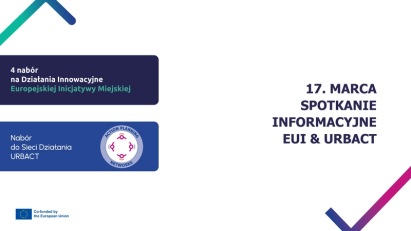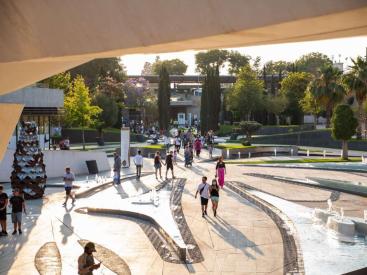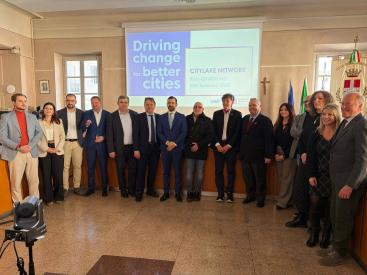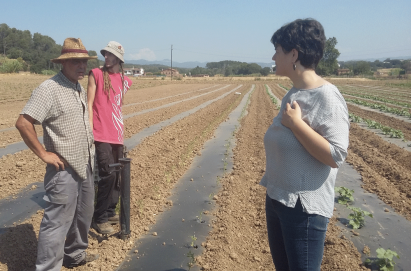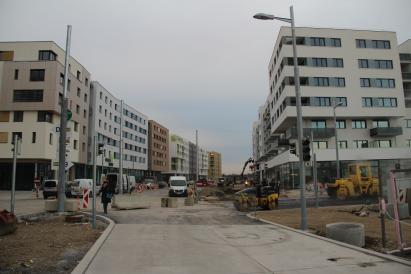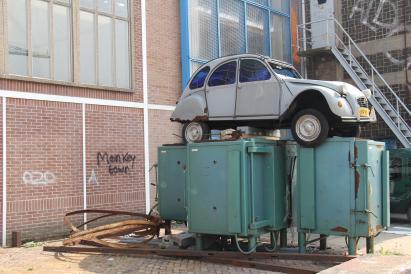01/05/2012 30/04/2015
Manufacturing and selling big items requires big spaces as factories and large showrooms. During the prosperity years of manufacturing sector in Europe, wood industry dependent cities have witnessed a pop-up of such buildings along the main road axis and suburbs, strongly making urban development. Nowadays the rapid transformation of these sectors led to the abandon of most of these, leaving a giant urban footprint that is a serious challenge to cities that have inherited it and a warning to others. Wood FootPrint, under the banner of URBACT, aims to respond to the challenge to reactivate the economies of participant cities, whose main economic activity is the furniture industry and have suffered as a consequence of the economic crisis and the impact of globalisation. One of the main benefits of the programme "Wood FootPrint" is to offer different tools and policies that will strengthen the furniture sector, but at the same time offer economic diversification by sharing successful methods in sustainable sectors. The project partners include 10 partners from 9 EU countries.
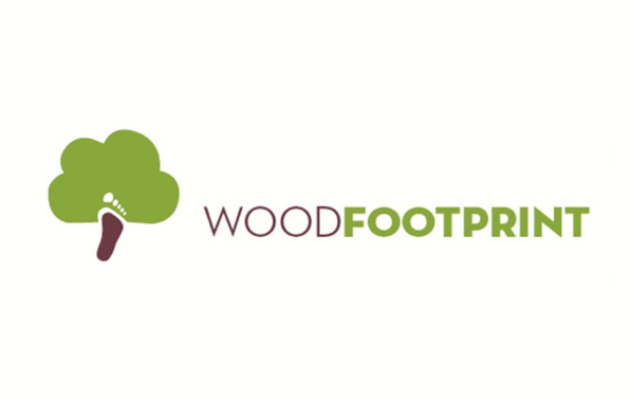
Summary
Partners
Lead Partner : Paços de Ferreira - Portugal- High Wycombe
- Larissa - Greece
- Lecce - Italy
- Monaghan - Ireland
- Roeselare - Belgium
- Sternatia - Italy
- Tartu - Estonia
- Viborg - Denmark
- Yecla - Spain
Timeline
Introduction
Wood FootPrint, under the banner of URBACT, aims to respond to the challenge to reactivate the economies of participant cities, whose main economic activity is the furniture industry and have suffered as a consequence of the economic crisis and the impact of globalisation.
One of the main benefits of the programme "Wood FootPrint" is to offer different tools and policies that will strengthen the furniture sector, but at the same time offer economic diversification by sharing successful methods in sustainable sectors.
The project partners include 10 partners from 9 EU countries.

